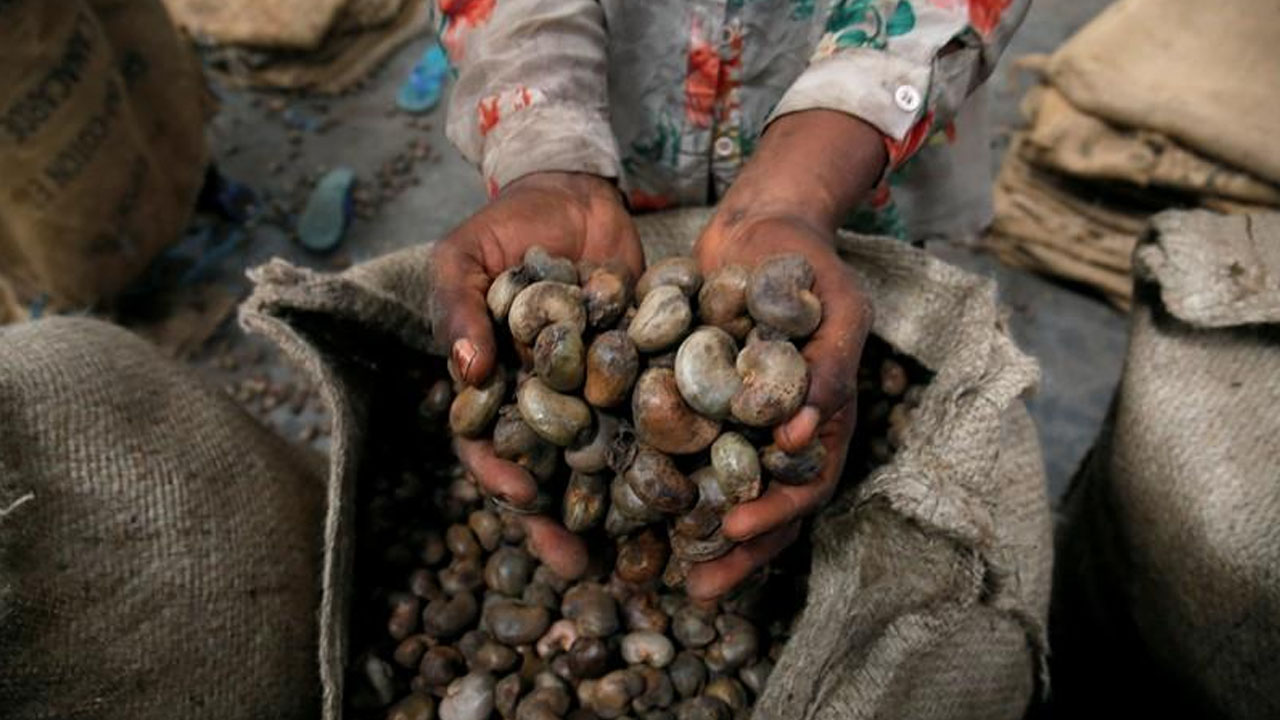
Agro-industrial users of maize have faulted the insistence of the Central Bank of Nigeria (CBN) to stop and frustrate importation of maize into the country despite unfavourable conditions for local production of the crop and a shortfall of over 5 million metric tonnes.
The Poultry Association of Nigeria (PAN), major commercial poultry farmers and feed millers, in different interviews with The Guardian, lamented the high cost of maize, which is a major ingredient in animal feeds.
They argued that banning the importation of maize and soya beans unreasonably would compound the country’s economic woes as poultry, fishery and feed industries would collapse, which in turn would worsen unemployment, aggravate poverty and hamper foreign investments in the sectors.
Affirming the imperative of the grain to the livestock and other sectors, the Foreign Affairs Service (FAS) of the U.S. Department of Agriculture, Nigeria, said in a report that “Over 60 per cent of Nigeria’s production goes into animal feeds, especially for poultry.”
It added that “10-15 per cent is directly consumed by individuals in households. The balance of the corn production goes to raw material/ingredient utilisation in food manufacture.”
The FAS report also states that “Nigeria’s animal feed sector is underdeveloped, mostly due to high production cost. Most poultry, aquaculture and other livestock operations in Nigeria spend about 70 per cent of their operational costs on feed, reflecting the huge demand for feed in the sector.”
It is also estimated that domestic poultry production is expected to increase by eight billion eggs and 100 million kilogrammes of poultry meat yearly. Nigeria’s yearly fish consumption is estimated at about 2.0 million metric tonnes, with over 20 per cent supplied through land-based aquaculture production.
Nigeria’s animal feed sector, currently estimated at more than $2 billion, continues to attract significant local and foreign investment in large-scale feed mill operations, but a perpetual challenge is sourcing feed ingredients locally in the face of poorly researched alternative sources.
President of PAN, Ibrahim Ezekiel Mam, said the association, which is the major consumer of maize as acknowledged by the CBN governor, has never advocated continuous importation of maize and soybeans, but when the situation becomes absolutely necessary, which is the case today.
Mam said the association was not competing with the government, but complimenting and partnering with it at all levels to ensure the wellbeing of farmers and citizens.
“Since 2019,” he said, “We tried as much as possible to inform the government about the shortfall and how to go about it. We always call for importation as a stopgap before harvest seasons to ensure stable prices and keep the factories functioning, thereby maintaining employment.
“How can we close a gap of 4.5 million metric tonnes with a production of 50,000 metric tonnes? The bad situation the poultry industry finds itself is regrettable and avoidable if the association would have been taken into confidence.”
He said maize pyramids should mean having enough and surplus, “but the situation in the markets is not commensurate with the claims that we have sufficient supply and building pyramids.”
The PAN president said prices of poultry day-old chicks, feeds and other inputs had never been so high in the history of production in Nigeria.
He lamented that “many farms were forced to close and many farm workers disengaged. Cost of production is beyond the purchasing power of an average citizen.”
He appealed to the CBN to permit “import (of) reasonable quantity of maize and soybeans to carry us to the next harvest season, hoping that we should have good rains and the security situation would improve, God helping us.
“We must have today before tomorrow comes. We must be alive before tomorrow becomes meaningful.”
Also, a commercial poultry farmer and former chairman of PAN in Oyo State chapter, who prefers anonymity, said: “The CBN governor is playing politics with the economy.”
He said economics of necessity for importation had always been managed and decided by a team of experts drawn from different agencies of the government who identified areas where there was a shortfall in production and decided if there was need to import to augment local production.
He said: “It is about time CBN governor faced his primary responsibility, the monetary policy, which lacks direction now than getting involved in issues that are not supposed to be his primary responsibility.
“The livestock farmers are crying. Livestock farmers are closing down sending their workers into the already overcrowded labour market. It is only in Nigeria this kind of policy can be operational.”
President of the All Farmers Association of Nigeria (AFAN), Kabir Ibrahim, said the available quantity of maize is inadequate for animal feeds, industry and human consumptions as of now.
He added: “The claim of the Maize Association of Nigeria (MAN) of having the capacity to meet the need of the country is not obvious because the poultry industry is already comatose because of the prohibitive price of maize in the market.
“If the maize being displayed in pyramids was surplus, the price in the market will not be this high. In the last analysis, Nigeria may have to allow the importation of maize to shore the actual requirement of the country to avoid shortage.”
General Manager, Tuns Farm Ltd, Taofeek Badmus, said the news of the CBN banning the importation of maize was shocking at a trying time for the poultry industry.
He added that maize is the most important raw material needed for poultry feed and as of now in Nigeria, there is no substitute.
“During the worst period of the COVID-19 pandemic last year, the global supply of maize was hindered with restrictions and lockdowns, resulting in very low output.
“The resultant scarcity of maize and the increase in the price of maize caused a steep rise in the price of poultry feeds. This steep rise in price and the scarcity of feed resulted in the closure of most of the small-scale poultry farms,” he said.
He said the situation threatened the survival of the poultry industry in Nigeria and was aggravated by climate change which affected rainfalls.
High level of insecurity currently in the country has made it difficult for farmers to cultivate maize, he lamented.
“Due to these factors, the maize we expect to produce locally won’t meet up our demand and the most reasonable policy would be to allow importation with restrictions.
“Banning importation of maize, for the time being, is a harsh measure if we don’t have a remedy to increase our local production. It is a stance I humbly ask the CBN to reconsider so as to prevent the collapse of the poultry,” he added.
Chairman, Answer Industries Ltd, processors of egg powder in Ogun State, Segun Shewoniku, said: “At present, the reality is that the Benin Republic and Ghana have been sourced for southern millers whenever northern maize is in short supply.
“Right now, a tonne of imported maize is between N200,000 and N205,000, and it may still increase in view of naira instability.






